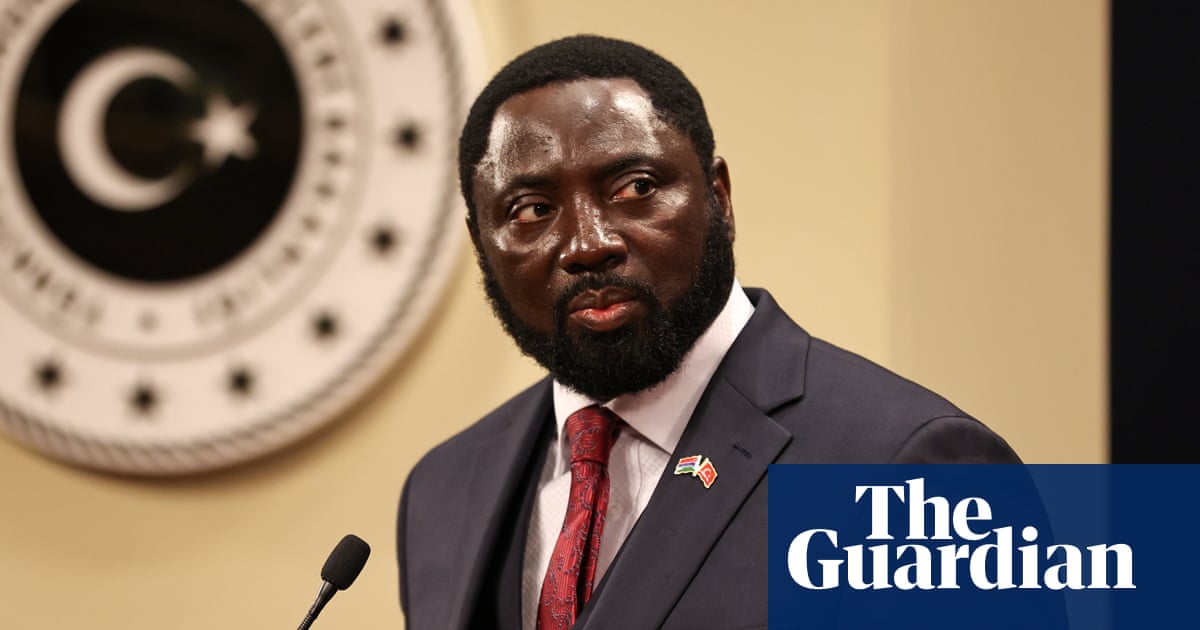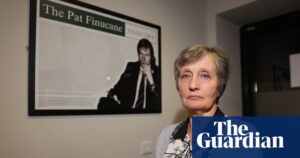
The three candidates to be the next secretary general of the Commonwealth have called for reparations for countries that were affected by slavery and colonisation.
The candidates from the Gambia, Ghana and Lesotho expressed their support for either financial reparations or “reparative justice”, as they made their pitches to lead the 56-country organisation at a debate hosted by the Chatham House thinktank in London on Wednesday.
Calls for reparations for the harms caused by slavery and colonialism have grown since the murder of George Floyd by police in 2020 sparked Black Lives Matter protests globally and led many governments, institutions and individuals to examine how they had historically benefited from the slave trade.
African and Caribbean countries formed an alliance last year to pressure former slave-owning states to pay for “historical mass crimes”.
“Financial reparations is good,” said Shirley Botchwey, Ghana’s foreign minister. “Whether or not the Commonwealth has a role to play will depend on the heads of government, who will give the secretary general her marching orders.”
Joshua Setipa, a former trade minister for Lesotho, said he would not wait to get involved in the reparations debate. “I support the idea of reparative justice,” he said. “The Commonwealth has a long history of facilitating discussions around difficult issues.
“We’ve dealt with racism, which was even more divisive than this,” he said, a nod to the organisation’s history in helping to negotiate an end to white-minority rule in Zimbabwe and later South Africa.
Mamadou Tangara, The Gambia’s foreign minister, said: “I am fully in support of reparatory justice. The Commonwealth can use its convening power to facilitate the dialogue and make it happen.”
The Commonwealth evolved from the ashes of the British empire. Its 56 members, all but four of them former British colonies, have a combined population of 2.7 billion. King Charles is the ceremonial head of the organisation, having taken over after the death of his mother, Queen Elizabeth, who was its most enthusiastic proponent.
after newsletter promotion
All three candidates to succeed Patricia Scotland as secretary general batted off suggestions that it was a colonial relic, arguing that countries had made an independent choice to be a part of a grouping they said could advocate for action on climate change and youth unemployment.
The leadership vote will take place at the Commonwealth heads of government meeting in Samoa from 21 to 26 October.
Source: theguardian.com


















